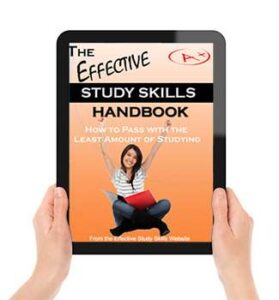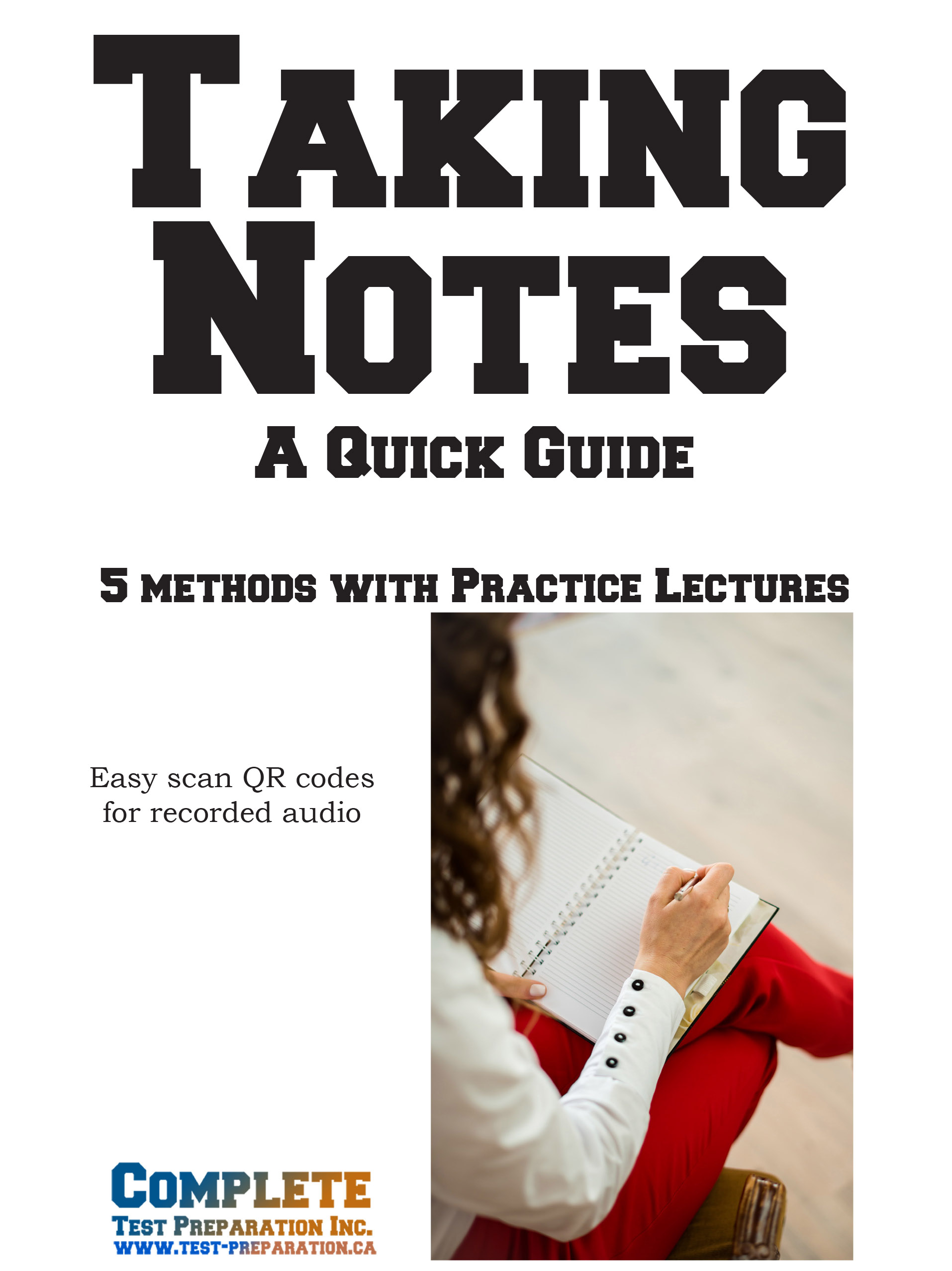How to Answer Essay Questions – The Ultimate Guide
- Posted by Brian Stocker MA
- Date November 30, 2007
- Comments 7 comments
Everyone Loves Essay Questions!
“I hate essays!” This battle cry is famous to most students. That’s because essay questions are either easy or difficult. Either way, there’s no certain formula. Even if you think you know the answer - don’t be overconfident - the critical part is how you make your essay worth reading. So how do you do it?
Audio Version of this Post

Tips for Writing an Essay
Read the question more than once. Some questions can be tricky so make sure you understand it to the letter. A lot of students commit error by simply not reading instructions very well. They read and then write a long essay, only to realize very late that they did not understand the question correctly.
Familiarize yourself with your professor or teacher’s style of organization, if you can. As students, it’s your role to know how your teachers want their essays answered.
Mentally go through your lecture notes before writing anything on your paper.
Create an outline of thoughts and related topics in connection with the essay question. By doing this you are helping yourself create a more organized answer.
Construct an idea in each paragraph. Go back to your essay outline if you think you are repeating yourself or not making sense at all.
Use the terminology of the course. Be professional in knowing what type of words to use in a particular topic or subject.
Read and go back to your previous paragraphs after you are finished with one paragraph. This will help you determine your flow of thought and if you are really making a point or giving an answer.
Don’t include ideas that are off-topic.
If there are too many ideas in your outline, cut out the least important ones. As much as possible, make your idea concrete and pointed, with arguments or statements that is easy to understand.
The body of your essay should have a summary or statement.
Support your summary or statement with adequate details and specifics. If you do not know how to add details, just expand on your generic idea.
Avoid jumping from one point to another.
Avoid vague descriptions if necessary. Include specifics to get your message across.
Review the question again and again so you will not lose your thread of thinking.
If you have time to make revisions, do so.
Use all the time you have to complete your essay. Review and re-check your answers before submitting your paper.
If you have nothing to write and don’t know what to write, don’t leave your paper blank. Write something at least.
Get the Complete Guide to Studying
Get Organized and Get better MarksGet the Complete Guide to Taking Notes
Learn 5 note taking stylesTaking a Test? Complete Guide to Multiple Choice
Increase your Score on any Test!Essay Check List
Here is a great Checklist for answering Essay Questions from Tennessee State University:
Use the following as a guide when writing answers to discussion questions and as a checklist after you have written your answer.
1. Do I understand the question? What am I being asked to do?
2. Do I have a plan? What are my major points and how am I going to present them?
3. Does the reader know, just from reading the first sentence of my essay, both the question and how I will answer it?
4. Are my major points clear and do they stand out?
5. Do I support my argument with facts and examples?
6. Do I make clear and sensible transitions between major points?
7. Is my answer clear to someone who knows nothing about this?
8. Have I answered the question completely? Have I fully covered all of the major points required to completely answer the question?
9. Is there irrelevant material?
10. Do I have a conclusion and summary statement?
11. Have I proofed my essay for common spelling and grammatical errors?
12. Is my handwriting legible? Is there room for comments or additions?
Glossary of Essay Exam Terms
When taking an exam the first thing you should do is familiarize yourself with all instructions. At times this can be confusing especially if you do not understand the terms. Below you will find some common terms used on essay exams. Learning these terms is a key step in successful completion of most essay exams.
- Compare (also Compare with): Discuss the similarities between two or more given subjects.
- Contrast: Discuss the differences in two or more given subjects.
- Criticize: Explain the value of a finding or theory. Include both negative and positive aspects based on implementation. This could be the ease of which it is applied, examples of false findings, etc…
- Define: Describe precisely a term’s meaning as it applies specifically to a given subject.
- Describe: Use exact detail to explain a given term. This may call for the use of examples, definitions, or discussion of the term.
- Diagram: Use a visual representation of relevant information to explain implementation of a term. This usually calls for an explicit chart or graph which is thoroughly labelled. In some cases it may call for a detailed plan as well.
- Discuss: The literal meaning of discuss is talk about. To do this in an exam you must thoroughly explain your subject with words.
- Enumerate: Form a list of relevant points and explain each point. This may result in an outline like answer.
- Evaluate: Discuss the pros and cons of the application of your given subject from a professional point of view. This differs from criticize because personal opinion should be avoided unless instructions specify otherwise.
- Explain: Define the given material and give examples of how and why it is important to the subject.
- Illustrate: Use a visual aid or a clearly defined example to explain a given subject.
- Interpret: Explain the given question, include you personal feelings on the subject as well as a solution.
- Justify: Use factual information to argue you view of the situation presented in a given problem.
- List: Brief but thorough list of information that explains the given topic.
- Outline: much like writing an outline for a paper. Answer the question by creating an outline that highlights the main ideas and key points of those ideas.
- Prove: Discuss the topic in a way that readers are convinced to support or reject the idea discussed. This is done through presentation of facts or the step by step illustration of logical thinking.
- Relate: Discuss the connection between two or more events, people, problems, etc…
- Review: Close examination of a problem accompanied by brief comments that explain the main points.
- State (also Give, Specify, or Present): Explain the major points of a subject in brief for. There is typically no need for further explanation.
- Summarize: Create a brief description that highlights the major points of your subject.
- Trace: Explain the progress of the given subject from conception to current date. Highlight anything that is considered a major topic as well as the reason for any changes.
Don’t!
Last piece of advice – Don’t get your parents to edit it!

How to Study

… without endless hours of cramming
… without the need for tutoring
… and without sacrificing the things that matter to you!
Multiple Choice Secrets!

How to Take Notes
Learn 5 Note Taking Methods – With Full Explanation and Examples!
Taking notes is an essential academic skill and you will be doing a LOT!
Learn More and Start Practicing
Date Published: Friday, November 30th, 2007
Date Modified: Wednesday, July 17th, 2024
Tag:Essay Questions
You may also like
Five-Day study plan – Ready for Blast Off Day!
Going into my senior year, one could assume that I am well experienced in the subject of test-taking, yet if anything, life has taught me that one can always learn more. My recent conversation with a friend helped me to …
How to Take a Test — the Basics How to Take a Test – 2 Common Mistakes on a Test – and how to avoid them! Written by, Brian Stocker MA., Complete Test Preparation Inc. Date Published: Monday, March 4th, …



7 Comments
Every thing was educational. Had a good feeling on how to deliver good papers.
Please no pictures.
This is a great tool for us.
i learned a lot – – super
Good job
I still hate essays tho
I am a big fan.
Above all are logically important and desirably topics which is value for everyone,thanks.